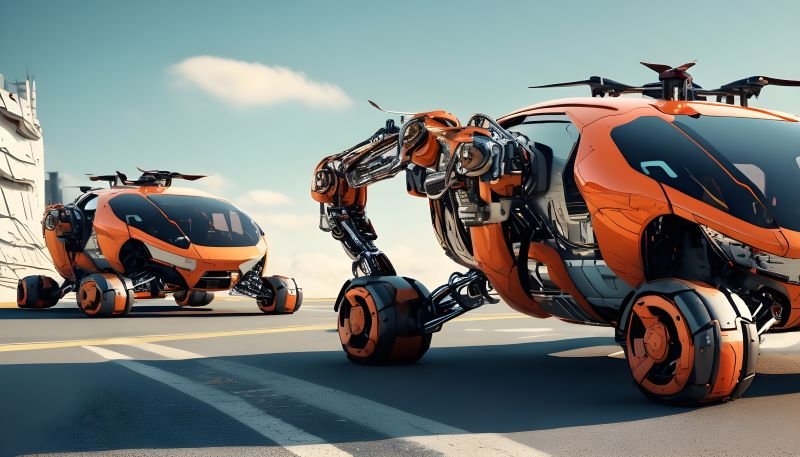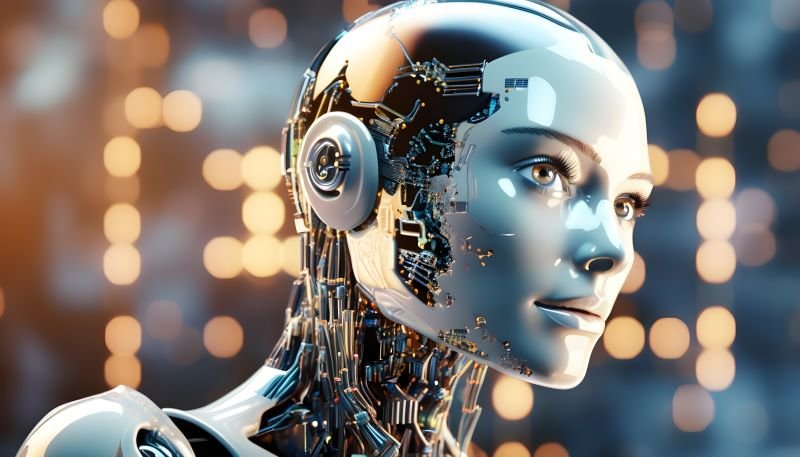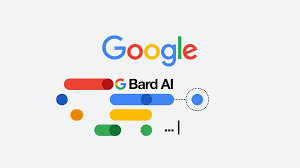AI world is in a state of constant evolution, setting new limits and leaving us astonished with what it can do now. From generating photo-realistic illustrations to giving answers to merely anything and decoding centuries-old texts, the speed of innovation is limitless. Let’s dive into some of the most useful and unique innovations in AI (Artificial Intelligence).
1] Capabilities In Natural Language Processing (NLP)

The arrival of models such as OpenAI’s GPT-4 has propelled NLP to unparalleled heights, making the way for AI systems that possess an exceptional ability to comprehend and produce human-like language. This breakthrough makes it possible to create more advanced chatbots, generate high-quality content with greater ease, and offer a richer experience in terms of human-like translation.
Modern NLP systems have now evolved to comprehend contextual cues, sarcasm, and cultural subtleties so as to facilitate more seamless and efficient interactions with AI.
2] Advanced Robotics And Autonomous Vehicles

Improved AI has resulted in more dependable and secure self-driving cars. Firms such as Tesla and Waymo are perpetually enhancing their systems to promote wider acceptance among people.
AI-powered robots are advancing in sophistication, from their origins in industrial manufacturing to providing assistance within domestic settings. These machines possess increased autonomy and precision, which enables them to perform complex tasks efficiently.
3] AI Hardware Revolution
To keep up with the increasing requirements of more advanced AI models, new specialized hardware architectures have started to appear. AI-optimized chips, such as GPUs and TPUs, are designed to make machine learning processes faster and enable quicker training, more complex models, and real-time applications in comparison to using a CPU. This allows for the quickest drug discovery, autonomous vehicles that respond in milliseconds, and weather prediction with incredible precision.
4] Business Intelligence In AI

Business intelligence tools involving AI would help corporations to foresee market trends and customer needs through predictive analytics. It helps analyze various business strategies and build a better and more efficient strategy according to the business needs. AI-powered automation of business processes is improving efficiency and decreasing operational costs in numerous sectors.
5] Voice And Emotion Recognition
The enhancement of voice recognition technology with AI has transformed smartphones, home gadgets, and customer service centers by providing them with advanced support from smart assistants. Additionally, Emotional AI that can identify and react to human emotions offers bright prospects for individualized marketing campaigns, mental health initiatives, and revolutionizing robotics.
6] Education’s Incorporation Of AI

Individualized Education: Through the use of AI systems, educational content, and teaching techniques can be tailored to match the unique learning pace and style of each student. By adopting AI, the automatic scoring of evaluations can be carried out along with personalized feedback to students, leaving teachers free from resource-consuming administrative tasks and allowing them more time to pass on knowledge.
7] AI At The Edge And Internet Of Things
Edge AI enables localized intelligence by bringing computing closer to the data source, such as IoT devices. This reduces latency and improves response times, which is especially valuable for real-time applications like smart cities and monitoring systems that depend on fast information processing. AI technology is bringing revolutionary changes to the concept of smart homes through integration into household appliances and systems. This leads to highly personalized user experiences, enhanced efficiency, and improved intuitiveness.
Conclusion
The scope of AI’s influence is extensive and expanding, permeating every facet of our existence. Its development has profound ramifications for various domains, such as employment, ethics, social frameworks, and human-technology interactions, shaping the way we navigate the world going forward. This calls us to be conscious stewards by prioritizing humanitarian well-being with an ecologically sustainable approach that facilitates equal access across socio-economic divisions while integrating these innovations into society effectively. Our journey with AI requires a balance between innovation and responsibility, which leads toward a place where humanity coexists harmoniously alongside ever-growing technology, shaping a positive future together.




